The Midnight Zoomies That Drive You Crazy
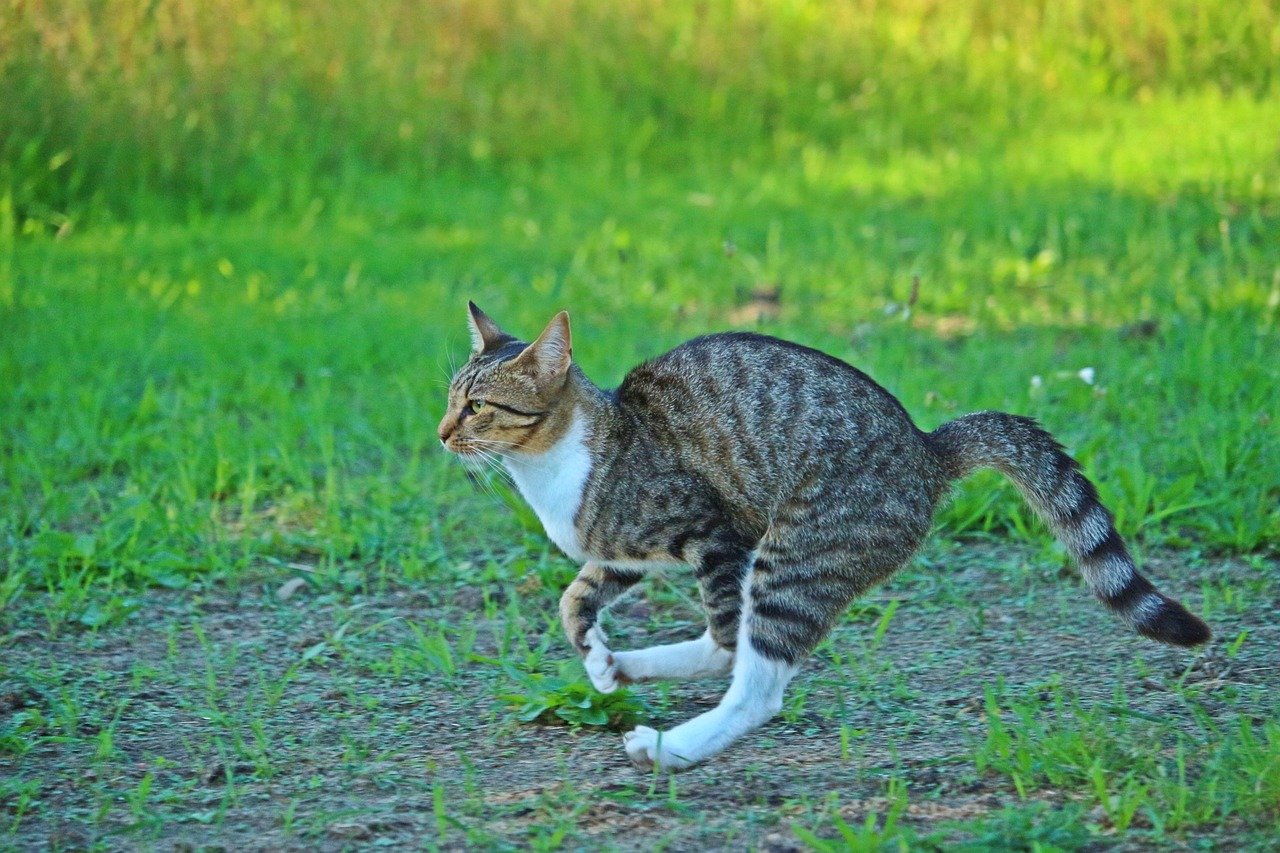
Your cat transforms into a furry tornado at 3 AM, racing through the house like they’re being chased by invisible demons. This isn’t random chaos — it’s actually a survival instinct gone domestic.
Wild cats hunt during dawn and dusk, so your indoor kitty’s internal clock is still programmed for action when the sun goes down. Those midnight sprints help them burn off energy they would naturally use for hunting.
They’re Actually Protecting Your Territory
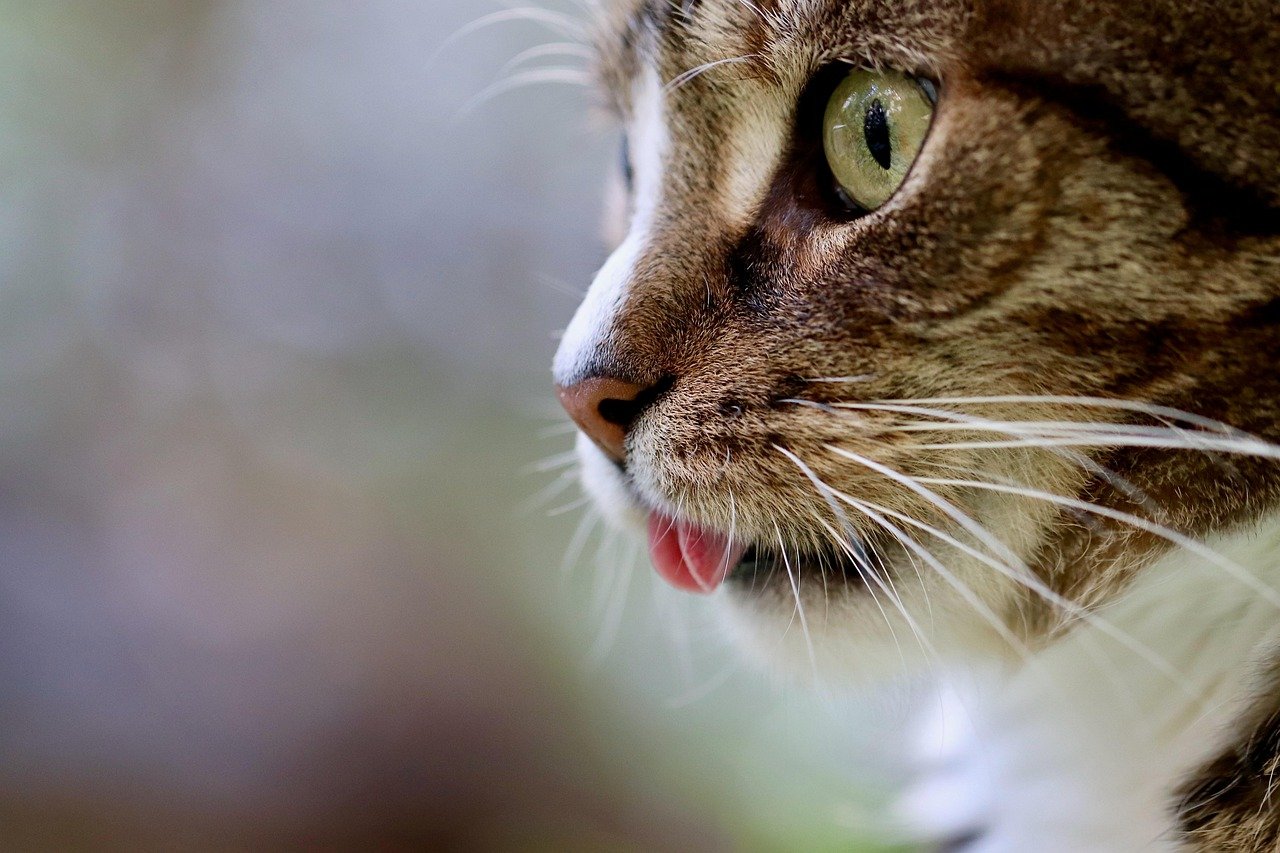
While you’re dreaming about your morning coffee, your cat is conducting serious security rounds. They patrol windows, doorways, and their favorite perches to make sure no intruders have invaded their domain.
This behavior stems from their ancestors who needed to defend hunting grounds from competitors. Your modern house cat still feels responsible for keeping the home safe, even if the biggest threat is a raccoon rummaging through garbage cans.
The Mysterious Staring Contest with Nothing
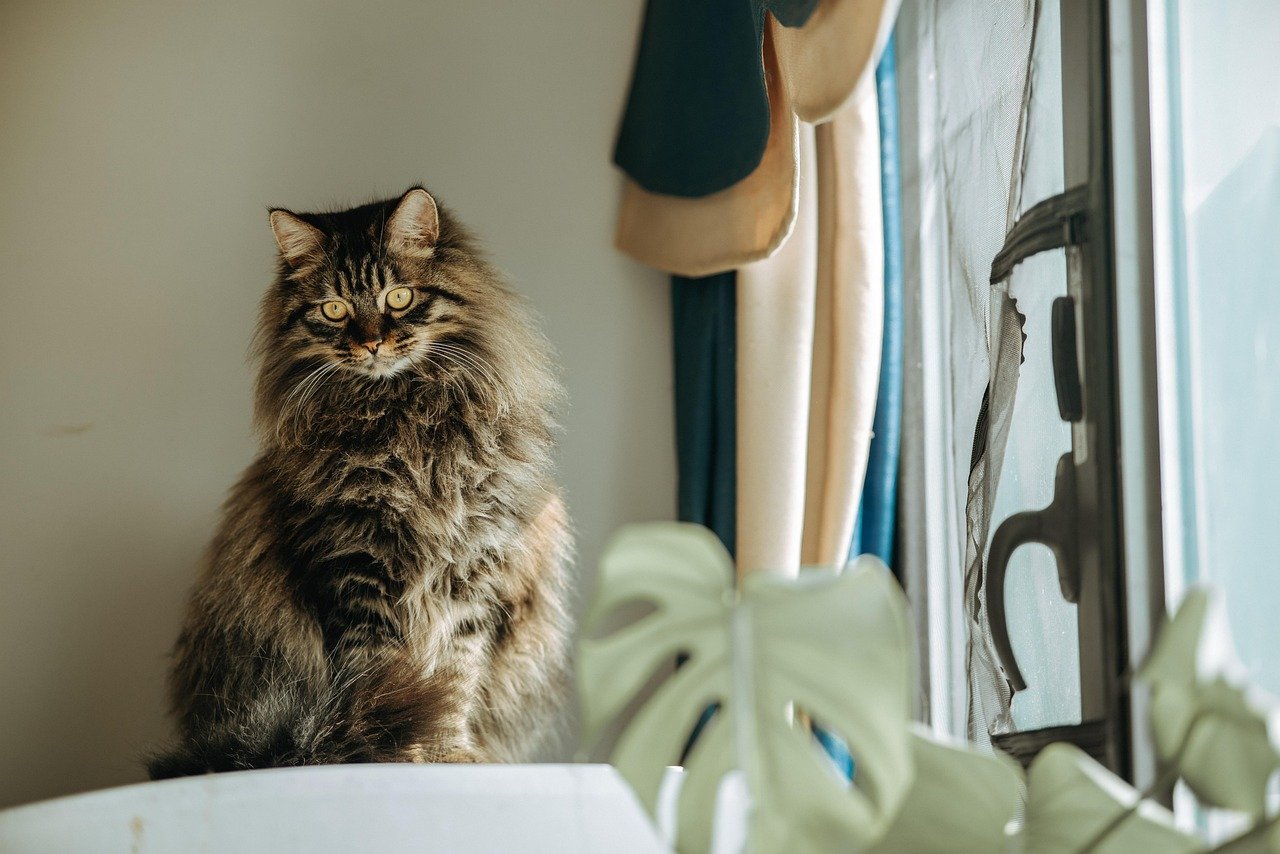
You’ve probably caught your cat staring intensely at an empty corner or blank wall, completely motionless for minutes. Before you call a ghost hunter, know that your cat’s senses are detecting things you can’t.
Cats can hear frequencies up to 64,000 Hz (humans max out at 20,000 Hz) and see in near-total darkness. That “nothing” they’re staring at might be a tiny spider, settling house sounds, or movements outside that are invisible to you.
Hunting Imaginary Prey Like a Pro

Your cat’s nighttime pouncing and stalking isn’t just playful — it’s serious practice. Even well-fed indoor cats retain their hunting instincts and need to exercise these skills regularly.
These mock hunts help maintain their physical coordination and mental sharpness. Watch closely and you’ll see the same crouch, wiggle, and pounce sequence that wild cats use to catch actual prey.
Claiming Every Warm Spot in the House
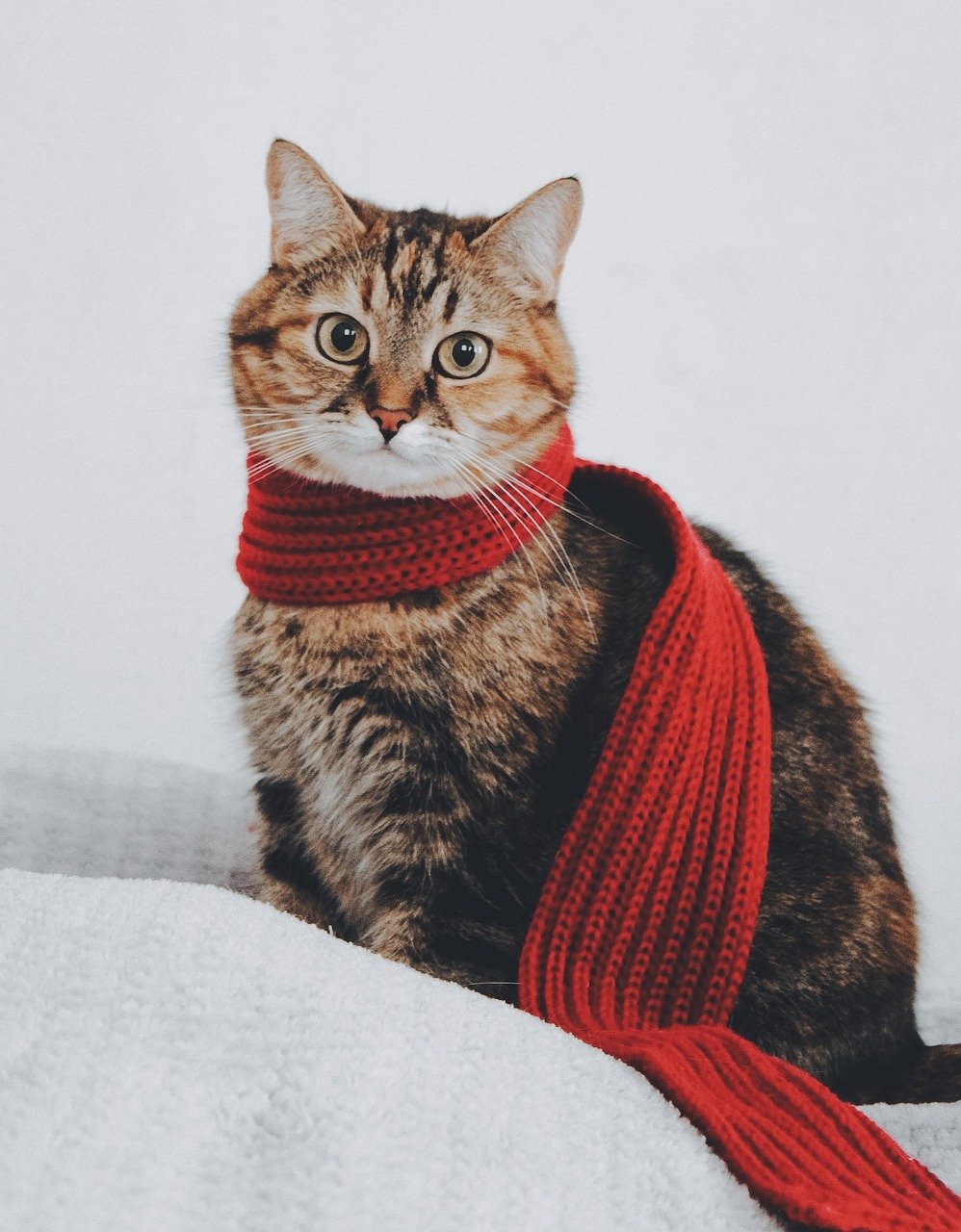
Cats are natural heat seekers, and nighttime brings out their inner detective for finding the coziest spots. Your cat methodically tests every warm surface — from fresh laundry to your laptop keyboard.
This behavior is rooted in energy conservation. Wild cats need to maintain body heat efficiently, so domestic cats instinctively search for warm places to rest between their nocturnal activities.
The Secret Social Hour You Never See

If you have multiple cats, nighttime is when the real social dynamics unfold. They engage in mutual grooming, play sessions, and establish their pecking order while you’re fast asleep.
These interactions are crucial for maintaining harmony in multi-cat households. The cats work out their relationships and reduce stress through these quiet nighttime bonding sessions.
Bathroom Supervision at 2 AM

Your cat’s insistence on following you to the bathroom at ungodly hours isn’t just clingy behavior — it’s protective instinct. In the wild, cats are vulnerable when relieving themselves, so they naturally guard each other during these moments.
Your cat sees you as part of their family group and feels obligated to stand guard. Plus, bathrooms often echo interesting sounds that trigger their curiosity about what you’re really up to in there.
Testing Every Door and Window
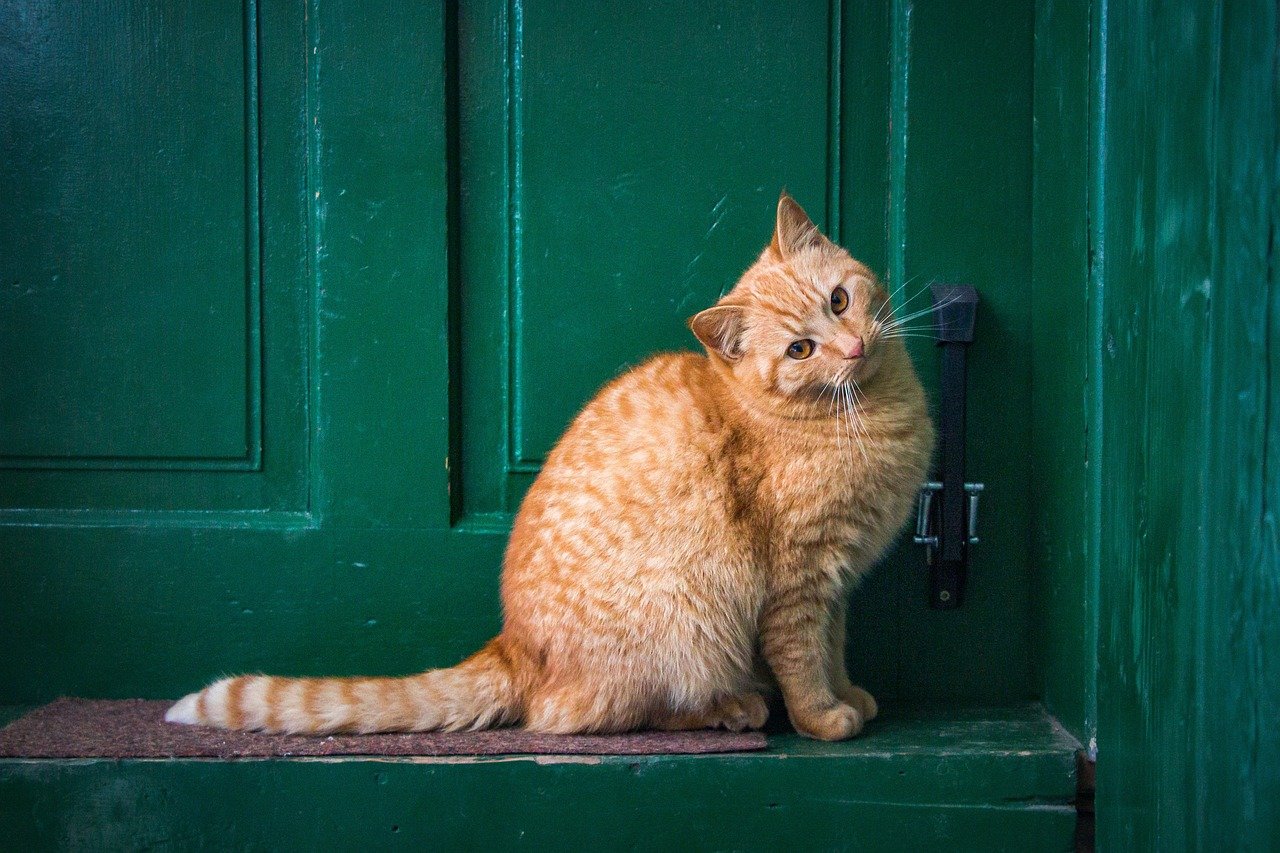
Your cat becomes a furry security inspector at night, checking every possible entry and exit point. They’ll paw at doors, investigate windows, and even test cabinet handles with scientific precision.
This systematic checking satisfies their need to understand their environment completely. Cats are natural escape artists and always want to know about potential routes in case they need them.
The Great Food Bowl Conspiracy

Many cats become convinced that their food bowl is somehow different at night — emptier, moved, or mysteriously less appealing. This leads to dramatic meowing sessions and concerned pawing at their dining area.
Night eating is actually natural for cats since they’re crepuscular hunters. Their internal clock tells them it’s time to hunt and eat, even if they had dinner just hours ago. This explains why many cats seem extra interested in food during their nighttime adventures.
Conclusion: Your Cat’s Night Shift Makes Perfect Sense

Understanding your cat’s nighttime behaviors helps you appreciate that they’re not trying to drive you insane — they’re following millions of years of evolutionary programming. These seemingly random activities serve important purposes for their physical and mental wellbeing.
Instead of fighting these natural instincts, try working with them. Providing appropriate outlets for hunting, climbing, and exploring can help redirect some of the more disruptive behaviors. Your cat’s nighttime routine is actually a fascinating glimpse into their wild heritage.
Next time you catch your cat in the middle of their midnight patrol, remember that they’re not just being weird — they’re being beautifully, instinctively cat. Have you ever wondered what your cat would think of your own nighttime habits?
Hi, I’m Bola, a passionate writer and creative strategist with a knack for crafting compelling content that educates, inspires, and connects. Over the years, I’ve honed my skills across various writing fields, including content creation, copywriting, online course development, and video scriptwriting.
When I’m not at my desk, you’ll find me exploring new ideas, reading books, or brainstorming creative ways to solve challenges. I believe that words have the power to transform, and I’m here to help you leverage that power for success.
Thanks for stopping by, Keep coming to this website to checkout new articles form me. You’d always love it!






